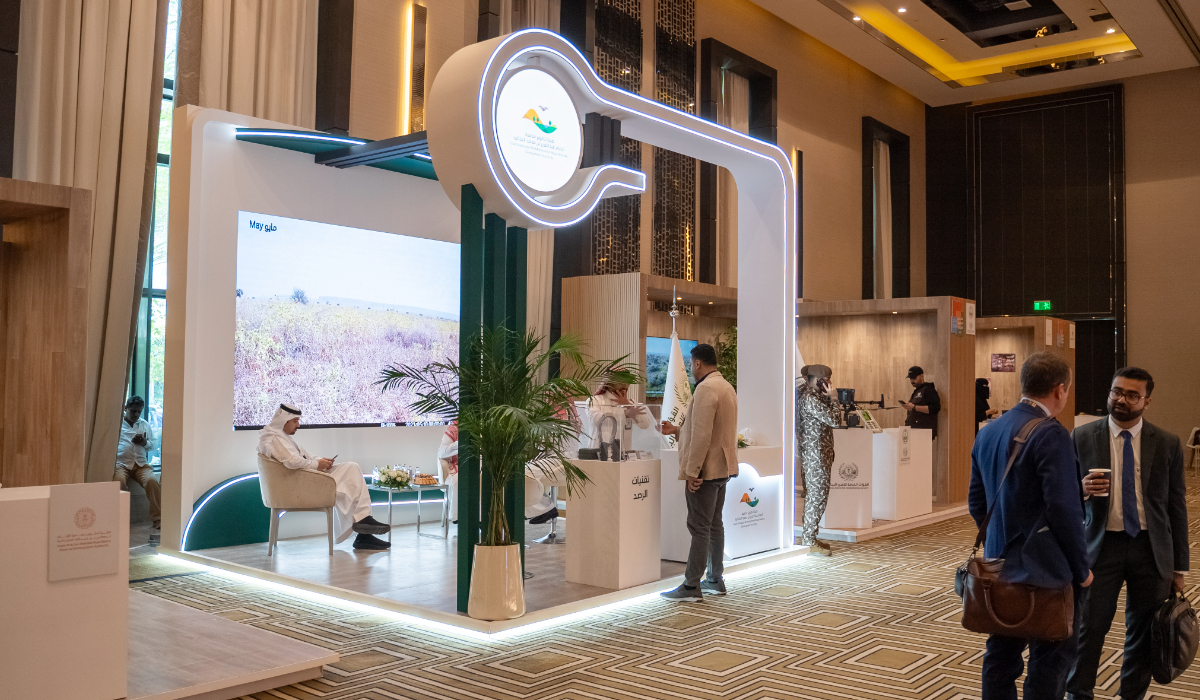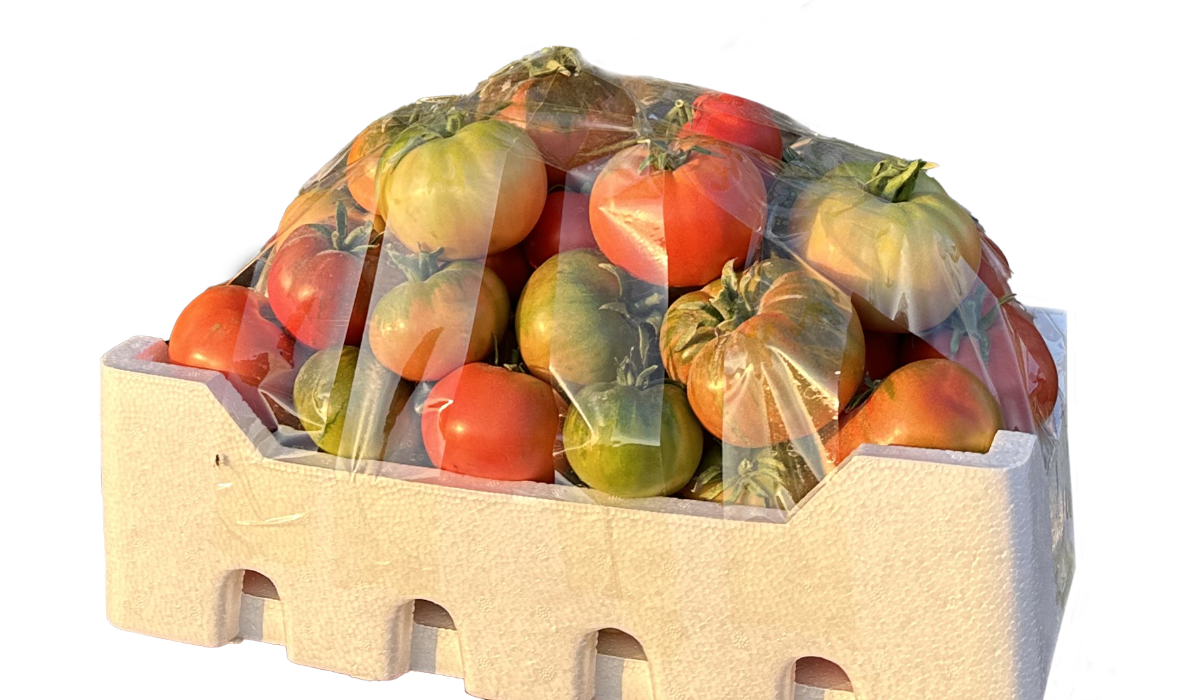RIYADH: The National Center for Wildlife organized the first Hima protected areas forum on Sunday to discuss conservation efforts for natural habitats and wildlife in Saudi Arabia.
The forum was inaugurated by the minister of environment, water, and agriculture and chairman of the board of the National Center for Wildlife, Abdulrahman Al-Fadhli.
The event, held from April 21-24, is the first of its kind in the region and attracts both local and international participants.

Red Sea Global, Catmosphere, the Royal Commission for AlUla, and the Imam Abdulaziz bin Mohammed Royal Reserve Development Authority are among the companies and projects participating in the three-day forum. (AN photo by Abdulrahman Alnajim)
“We are talking about participation from Red Sea Global, AMAALA, and NEOM to work together and deliver conservation efforts,” said Mohammad Qurban, CEO of the National Center for Wildlife.
Qurban added that hosting Hima will bring knowledge, effort, and expertise together to preserve and protect natural resources.
In addition, the center will highlight some of the Kingdom’s sustainable practices related to environmental health, he added.
One of the center’s projects is an expedition to examine and study Saudi Arabia’s wildlife and landscapes across all regions, in collaboration with universities and educational centers in each area, Qurban told Arab News.
Institutions including the UK’s University of Oxford and King Abdullah University of Science and Technology will take part in the program.
Major local companies and projects are attending the three-day forum, including Red Sea Global, Catmosphere, the Royal Commission for AlUla and the Imam Abdulaziz bin Mohammed Royal Reserve Development Authority.
Omar Al-Attas, head of environmental protection and regeneration at Red Sea Global, said: “Red Sea Global, since the beginning of its development, kept the protection, enhancement and preservation of the environment as the main target. We have been working through the years to understand exactly what we are dealing with from both sides, terrestrial and marine.
“Based on a long time, which exceeded three years of assessment and establishing a baseline, we understand clearly our marine area, which led to the design of the marine protected area, a proposal that we will be working on with the National Center for Wildlife and the ministry.”
The forum offers a comprehensive program for visitors, featuring activities including panel discussions, presentations and workshops. All sessions are conducted by local and international experts focused on conserving nature and protecting biodiversity.
“In King Khalid Reserve, which we are also responsible for, we introduced the oryx. We started introducing it in the year 2021,” said Talal Al-Harigi, CEO of the Imam Abdulaziz bin Mohammed Royal Reserve Development Authority.
“On the other side, we are increasing the number of plants. One month ago, we completed planting 1 million plants for both of the reserves.
“We are working with local communities to support handicrafts relating to honey bees. Bee grazing is now one of our new activities … for the second year, honey bees are producing Rudhat Khuraim honey,” Al-Harigi added.
Since its founding in 2019, the National Center for Wildlife has addressed challenges facing wildlife and marine ecosystems, aiming to protect the environment for future generations.



































